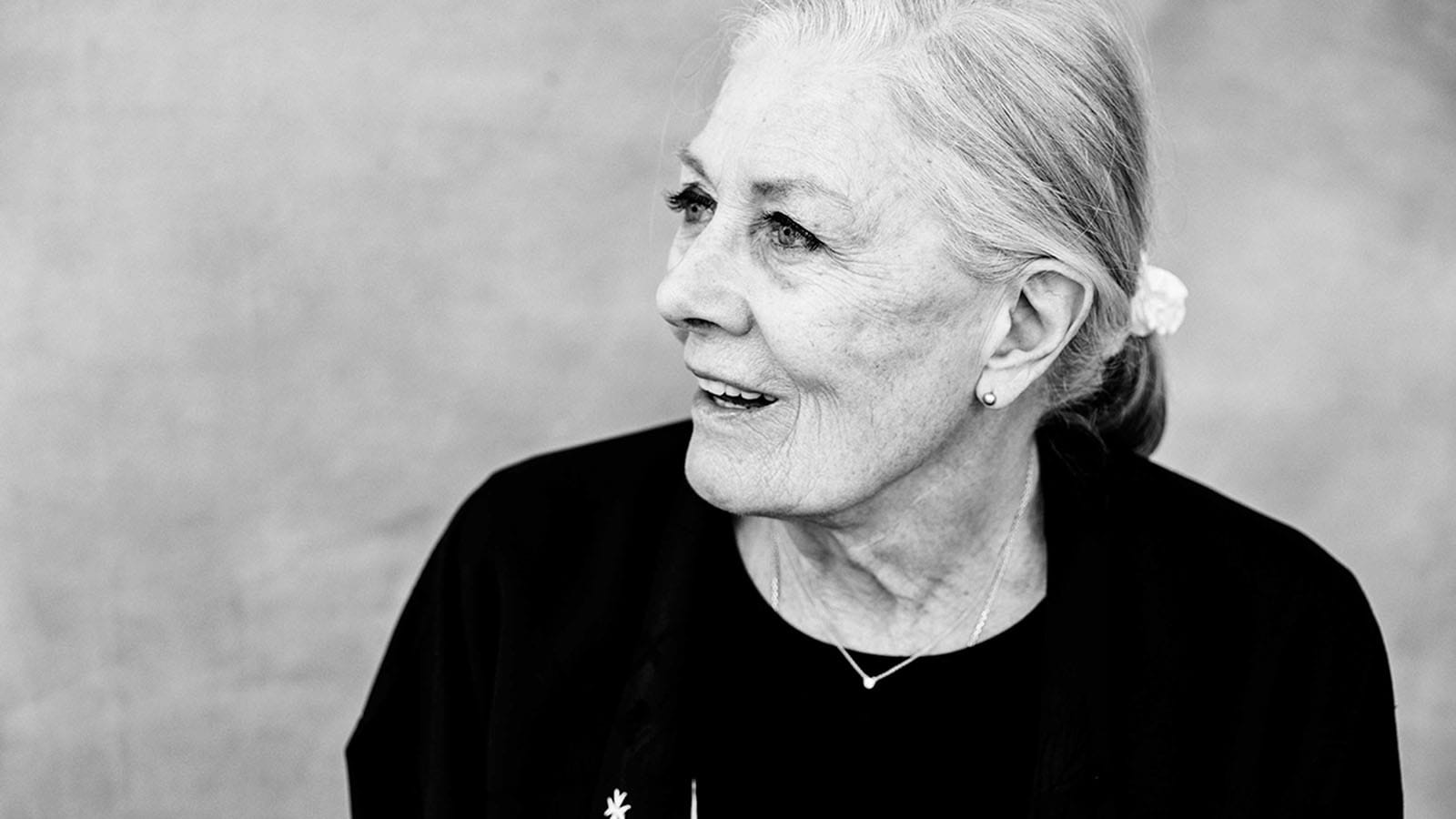Golden Lions and Venice Days

Ahead of tomorrow’s presentation of its main lineup for 2018, the Venice International Film Festival announced today that a Golden Lion for Lifetime Achievement will be presented to Vanessa Redgrave, who won a Volpi Cup at the festival in 1994 for her performance in James Gray’s Little Odessa. Responding to today’s news, Redgrave takes us back even further, to 1971, when she appeared in Tinto Brass’s La vacanza, filmed “in the marshes of the Veneto. My character spoke every word in the Venetian dialect. I bet I am the only non-Italian actress to act an entire role in Venetian dialect! Thank you a million, dear Festival!”
Each year, Venice awards two Golden Lions for Lifetime Achievement, one for an actor and another for a director. Back in May, the festival announced that the director it had chosen for its seventy-fifth edition is David Cronenberg, who stirred the waters a bit last month when he argued in a speech published by the Globe and Mail that “art must be a crime.” As for cinema, it’s “dissolving, the big screen is shattering into many little screens,” which in Cronenberg’s view is a fine thing. “Because the human body is evolving,” he adds, “and since the cinema is body, it makes sense that the cinema is changing, evolving as well. If movies disappeared overnight, I wouldn’t care.”
Venice Days
Another big announcement today was the lineup of Venice Days, set to run from August 29 through September 8. Now in its fifteenth edition, Venice Days is an independent program running parallel to the city’s big festival on the Lido. It was founded in 2004 and consciously modeled on the Directors’ Fortnight, a program at Cannes launched by directors in 1969 aiming to spotlight promising filmmakers. The past fourteen editions have featured new work by such disparate talents as Ermanno Olmi, Frederick Wiseman, Hiam Abbass, Kim Nguyen, Pen-ek Ratanaruang, Julie Delpy, Laurent Cantet, Nathan Silver, and Danis Tanović.
Six of the twelve titles in this year’s official selection are directed by women, and all but one are competing for the Director’s Award. The program will open with Rithy Panh’s Graves Without a Name, a new documentary that, like most of the Cambodian director’s work, investigates the crimes committed by the Khmer Rouge in the late 1970s. Screening out of competition and closing the program will be Belgian director Nicole Palo’s Le suicide d’Emma Peteers, which doesn’t sound like a comedy but will indeed be playing for laughs. Also competing:
- In Elsa Amiel’s Pearl, a female bodybuilder competes for a championship title.
- A Frenchman struggles to raise two teenage daughters on his own in Claire Burger’s Real Love.
- Félix Dufour-Laperrière’s animated black-and-white feature Ville Neuve focuses on a man trying to reunite with a woman.
- Bassam Jarbawi’s Screwdriver is a portrait of a Palestinian adjusting to everyday life after fifteen years in prison.
- In Joachim Lafosse’s Keep Going, a mother and son set out on a journey across Kyrgyzstan.
- Li Cheng’s José depicts a nineteen-year-old Guatemalan coming to terms with his sexuality.
- Clara Linhart and Fellipe Barbosa’s Domingo focuses on a gathering of two families and takes place on the day in 2003 when Lula became president of Brazil.
- Valerio Mieli’s Ricordi? is a love story told as it’s remembered by a young couple.
- Sudabeh Mortezai’s Joy centers on young Nigerian woman exploited by sex traffickers.
- Yuan Qing’s Three Adventures of Brooke tracks a woman traveling through northern Malaysia.
Of the seven screenings in the Special Events program, the headliner will surely be Happy Lamento, an evidently kaleidoscopic feature from Alexander Kluge, now eighty-six and a vital forerunner back in the 1960s of what would become the New German Cinema. Beginning in Manila with the singer, songwriter, and filmmaker Khavn De La Cruz, Happy Lamento opens up to include archival footage of playwright Heiner Müller, poet Ann Cotten as King Kong, and more than a few elephants. Further Special Events:
- When Dead Women Walking premiered at Tribeca, the Hollywood Reporter’s Frank Scheck wrote that director and screenwriter Hagar Ben-Asher “crafts a devastating portrait of the emotional toll taken by capital punishment.”
- Maria Di Razza’s short film Goodbye Marilyn imagines Marilyn Monroe at ninety.
- With his documentary The Ghost of Peter Sellers, Peter Medak looks back working with the temperamental actor on Ghost in the Noonday Sun (1973).
- A man refuses to leave a village destroyed by an earthquake in Pippo Mezzapesa’s My Own Good.
- Hermann Vaske poses the question Why Are We Creative? to artists and thinkers such as David Bowie, Takeshi Kitano, David Lynch, Ai Weiwei, and dozens more.
- Francesco Zizola’s As We Were Tuna documents an ancient fishing technique.
Since 2012, the Venice Days has partnered with the Italian fashion brand Miu Miu to premiere the series of short films it commissions, Women’s Tales. Among the filmmakers who have produced work for the series are Agnès Varda, Lucrecia Martel, Ava DuVernay, Alice Rohrwacher, and Chloë Sevigny. This year sees the premieres of two new shorts, Dakota Fanning’s directorial debut Hello Apartment and, from Haifaa Al-Mansour (Wadjda, Mary Shelley), The Wedding Singer’s Daughter.
Venice Days also presents Venice Nights, a program of four Italian films of varying length that includes, perhaps most intriguingly, Peter Marcias’s L’unica lezione, a short film comprised of footage the director shot when Abbas Kiarostami was teaching in Cagliari in 2001.
For news and items of interest throughout the day, every day, follow @CriterionDaily.



